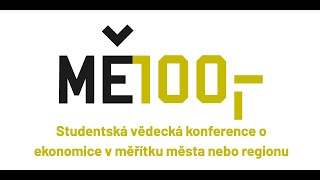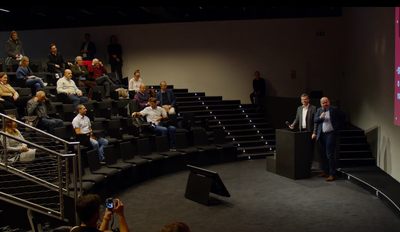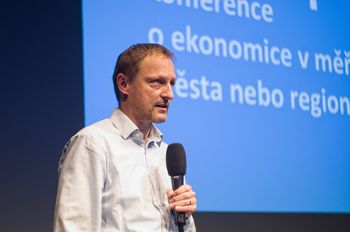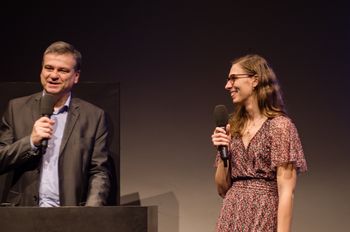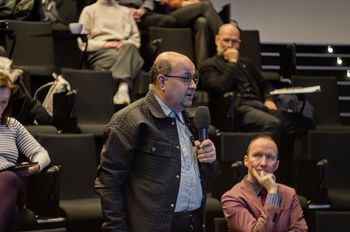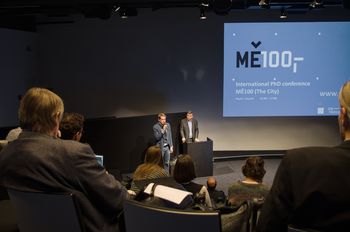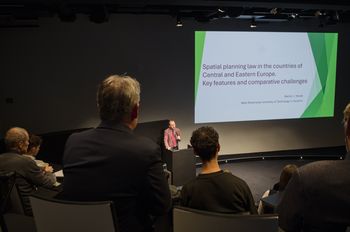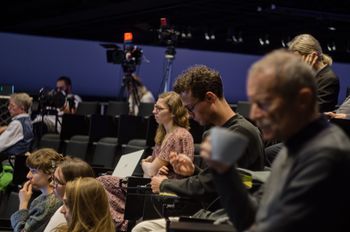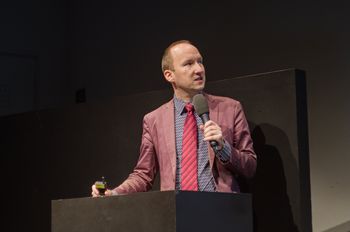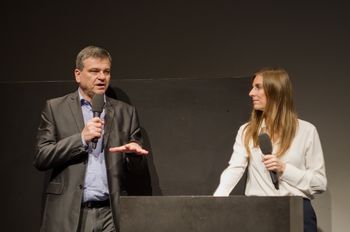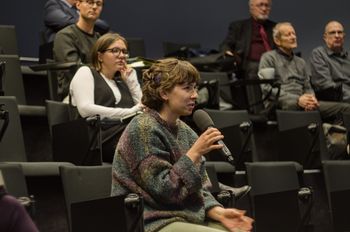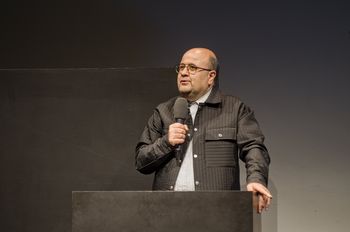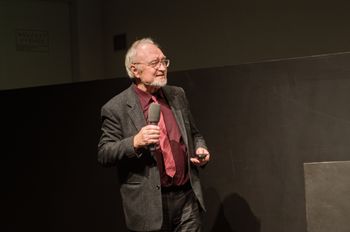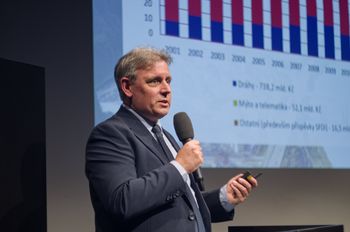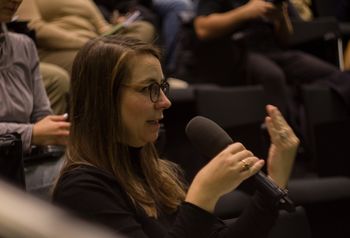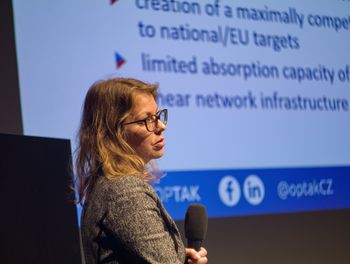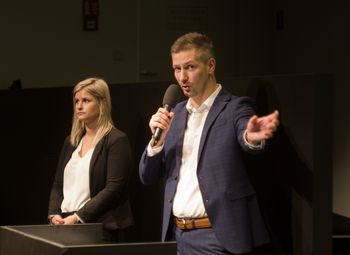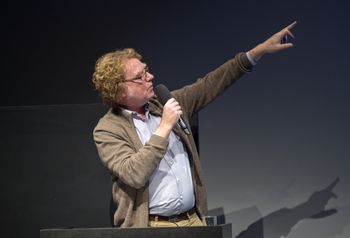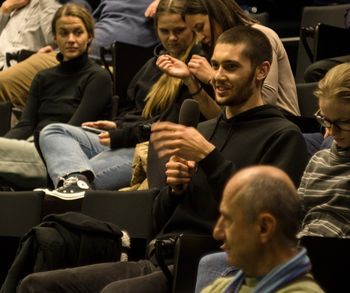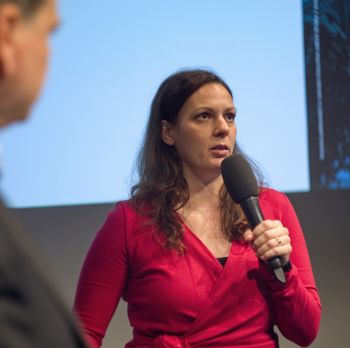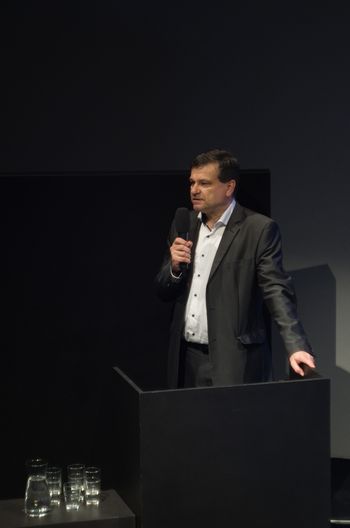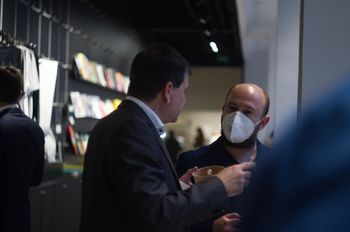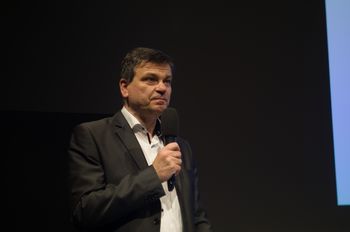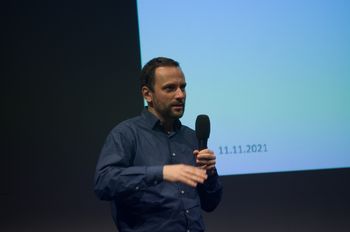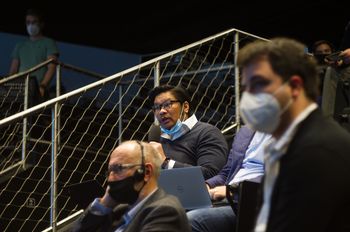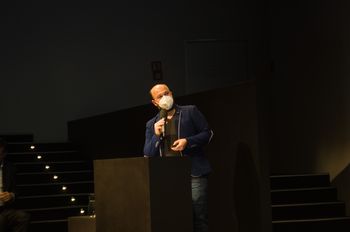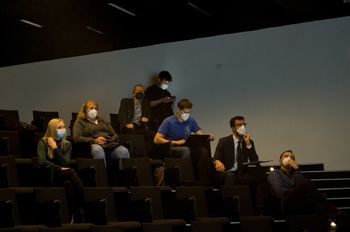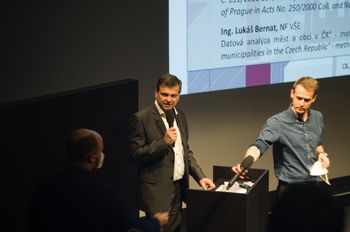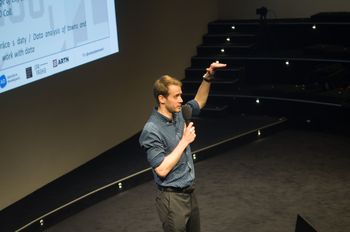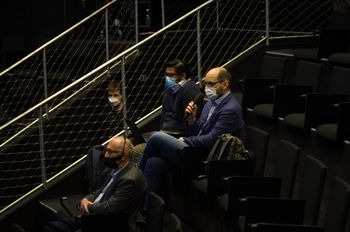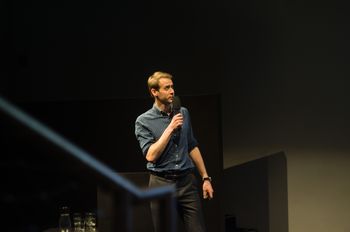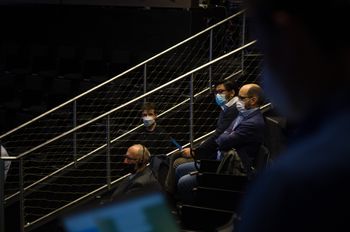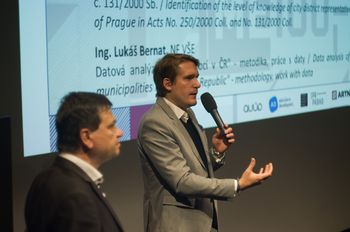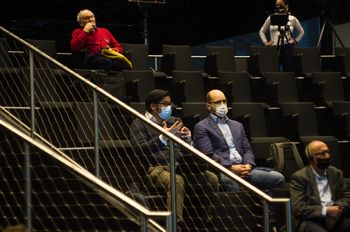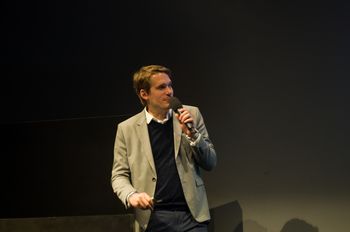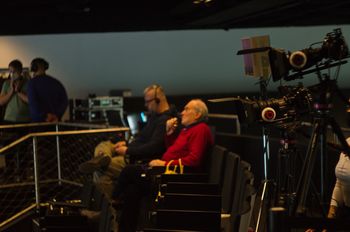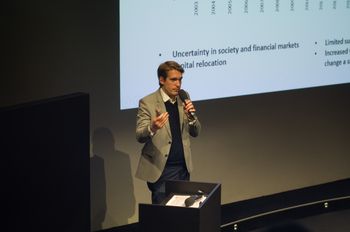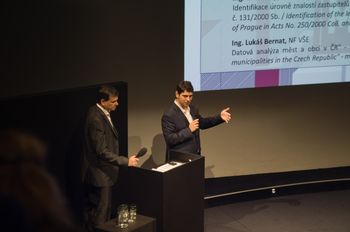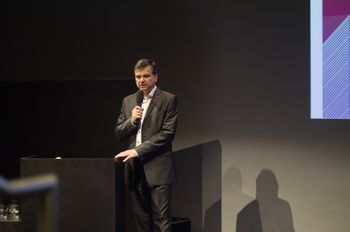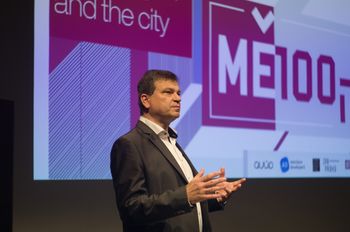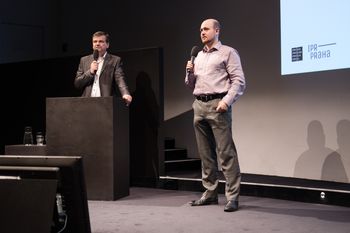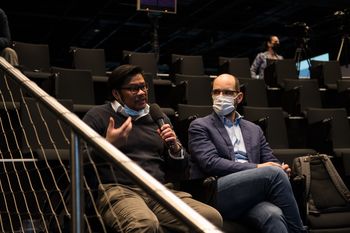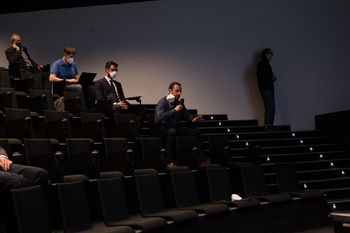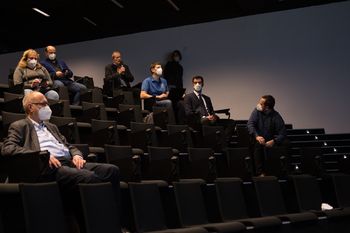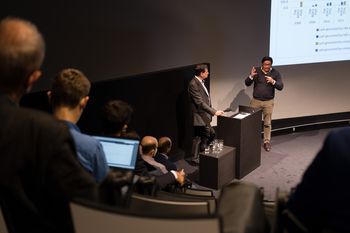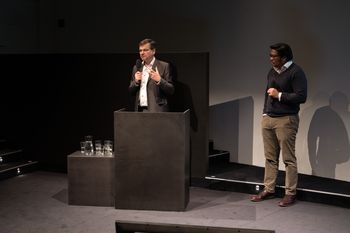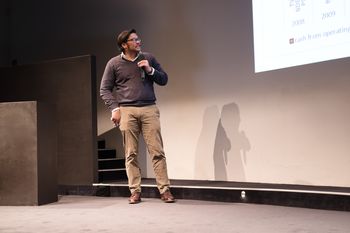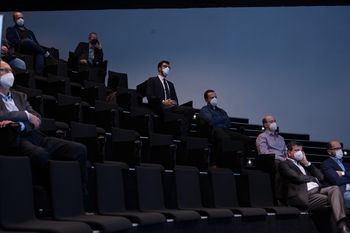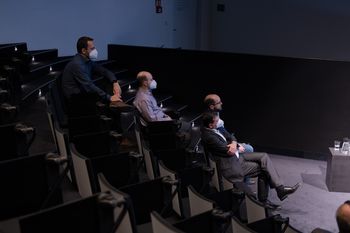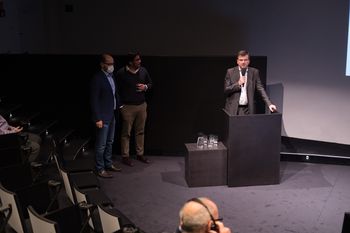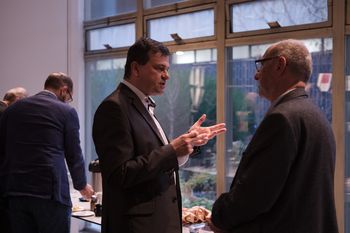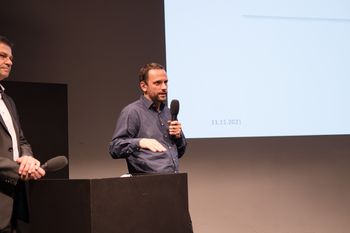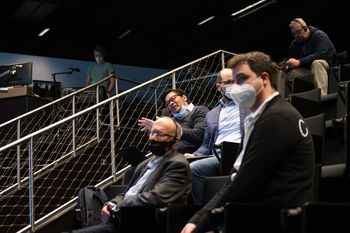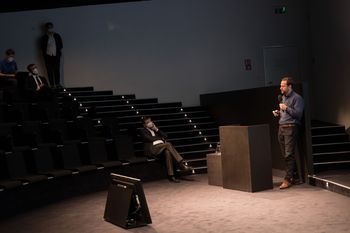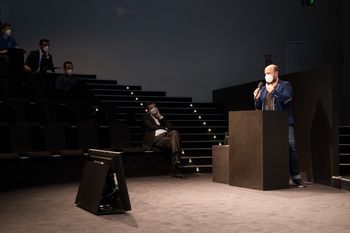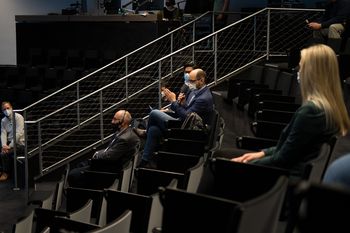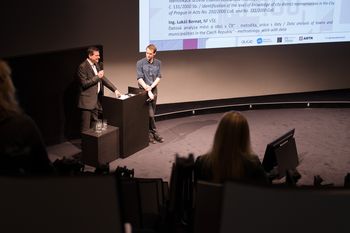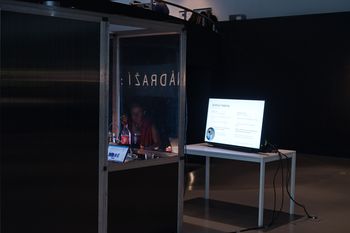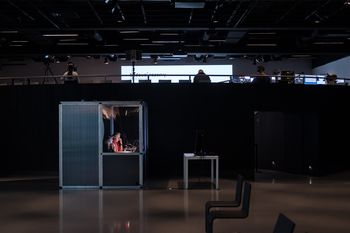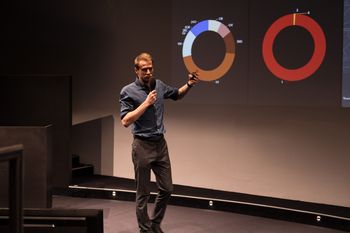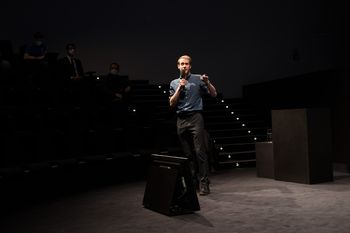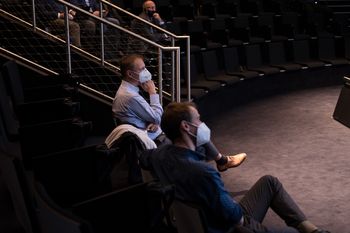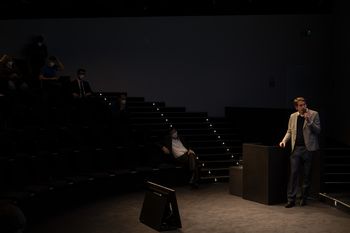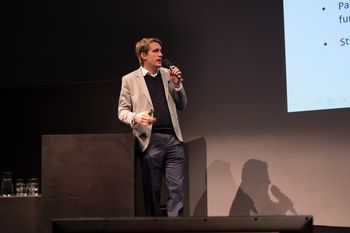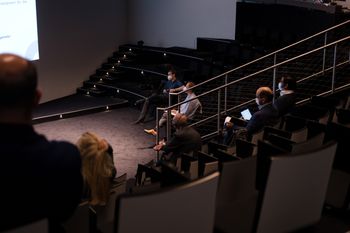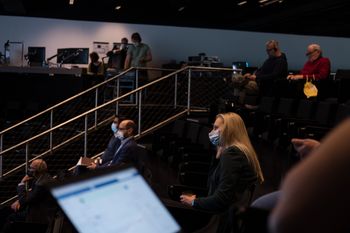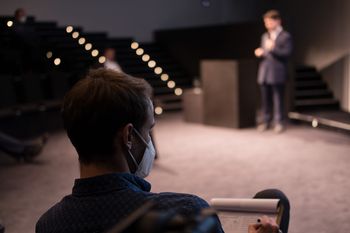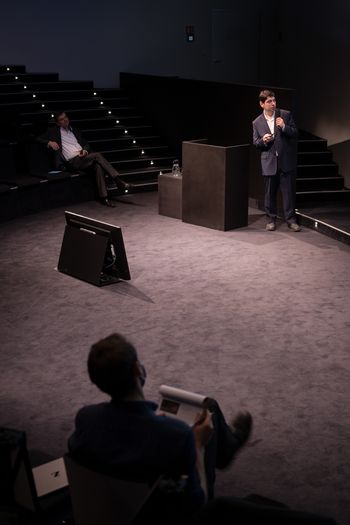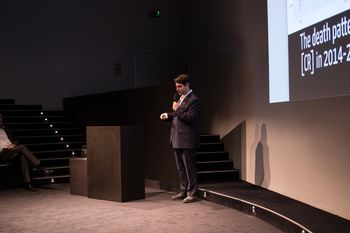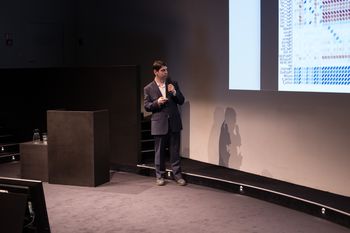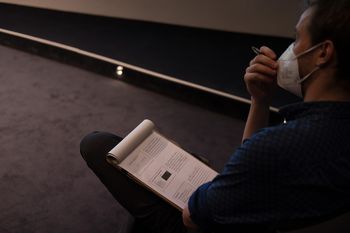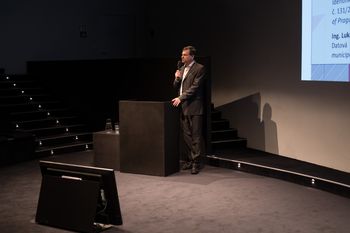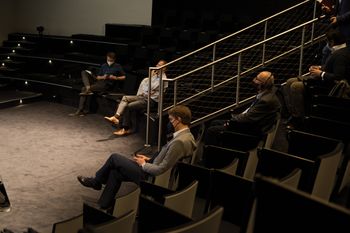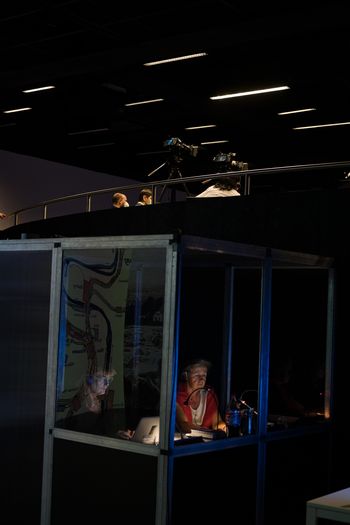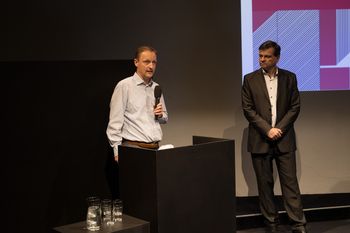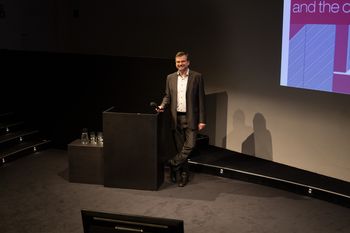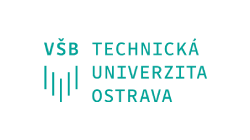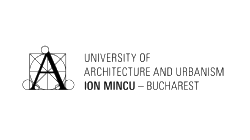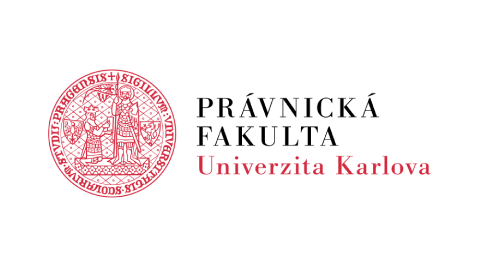Student scientific conference on economics on a city or regional scale
Already completed
A recording of the conference can be found on our YouTube channel.

About
We would like to invite you to the 10th edition of the student scientific conference on economy on the scale of a city or region.
We open a topic that is seldom discussed in the context of spatial planning in central Europe. We would like to explore the connection between urban and regional planning and the economics. Since 2016 we invite every year academics from various universities and professionals in this field and moderate a discussion in an open forum with PhD students.
The conference combines presentations of PhD students´ work with conference papers of invited experts, allowing for a scholarly and scientific debate and engagement to occur. To this end, the organizers invite professionals that work outside of the academic sphere: municipal representatives, especially those in departments responsible for the budgets of towns and regions; representatives of banks involved in financing public construction projects; or experienced managers of private sector interested in co-operation between public and private sector.
Ph.D. students
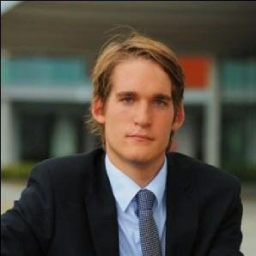
David Mazáček
Prague University of Economics and Business, Faculty of Finance and Accounting
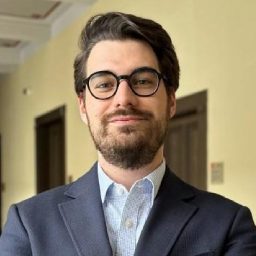
David Bouz
Charles University, Faculty of Law, Prague

Gabriela Ciulinaru
„Ion MINCU“ University, Bucharest

Laura Simona Cotan
National University of Defence, Bucharest
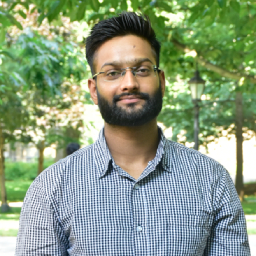
Honey Kumar
Jawaharlala Nehru University, New Dehli

Ramdan Pano Anwar
Hungarian University of Agriculture and Life Sciences, MATE Budapest
Guests
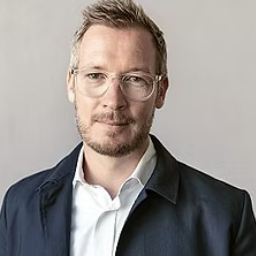
Joris Van Wezemael
Privatdozent at the Department of Civil, Environmental and Geomatic Engineering, ETH Zurich
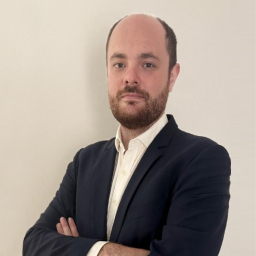
Maxime Charreire
École Supérieure des Professions Immobilières – ESPI, Paris

Zdeňka Havlová
IPR Praha, Prague
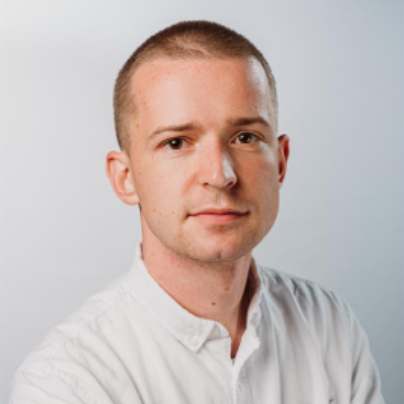
Jan Krtička
IPR Praha, Prague
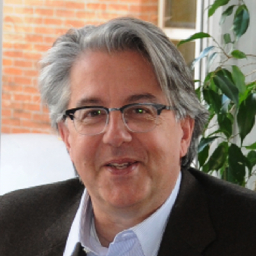
Stefano Wagner
Studi Associati SA, Lugano
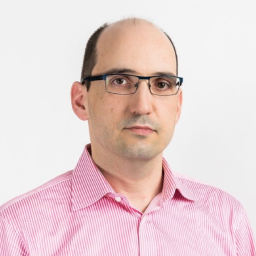
Nikos Karadimitriou
The Bartlett School of Planning, London

Ondřej Beneš
Member of the Board and Chief Commercial Strategy Officer at Trigema a.s., Prague
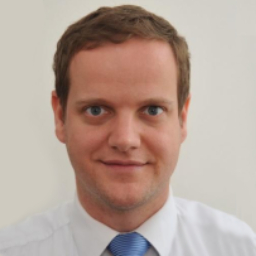
František Kubeš
head of the Department of Strategical Development and Cooperation, City of Brno

Alexandru-Ionuţ Petrişor
University, Bucharest

Lucie Pára
IPR Praha
Program
12:30 – 13:40
Ph.D. Students
PPP Projects in Affordable Housing

David Mazáček
VŠE Praha
Does the Czech legal system encourage urban density?

David Bouz
Karlova Univerzita
Financial Resources and Vulnerable Populations: Mumbai

Honey Kumar
Univerzita Jawaharlala Nehru, Dilí
Between Security and Economy

Gabriela Ciulinaru
„Ion MINCU“ University, Bucharest

Laura Simona Cotan
National University of Defence, Bucharest
Makassar City: Mapping Informal Settlements for Urban Economic Analysis

Ramdan Pano Anwar
MATE Budapešť
14:00 – 15:30
Guests
Urban Transformation in the Age of Mediation

Joris van Wezemael
ETH Zurich
Market Structure and Housing Production in France

Maxime Charreire
ESPI Paris
Data and Analyses for IPR Prague


Zdeňka Havlová, Jan Krtička
IPR Praha
15:30 – 16:45
Expert panel

Stefano Wagner
SASA Lugano

Maxime Charreire
ESPI Paris

Joris van Wezemael
ETH Zurich

Nikos Karadimitriou
The Bartlett School of Planning, London

Ondřej Beneš
Trigema

František Kubeš
Brno

Lucie Pára
IPR Praha
Register now
To register as a listener of the conference, please fill out the form below.
The deadline for student registration is 12th November 2025.
To register as a participant, please fill out the form below.
The deadline for submitting an abstract is 31st August 2025.
Confirmation of abstract acceptance 10th September 2025.
The organizor will cover the travel and board expenses of authors of two best abstracts.
Previous conferencies - guests

Björn Mattsson
President of Skanska Residential Development Europe

Dr. Nikos Karadimitriou
The Bartlett School of Planning, London
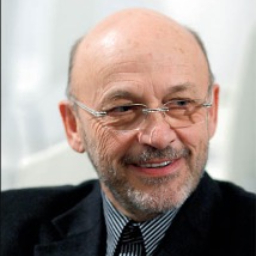
Peter Gero
Former Head of Construction Dept. of Freien und Hansastadt Hamburg
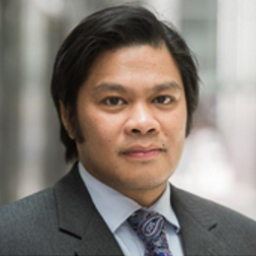
Michael Manlangit
UCL School of Management

Prof. Dr. Sven Bienert
Professor at the University of Regensburg, Director at KPMG, Chairman of Real Estate Advisory Austria
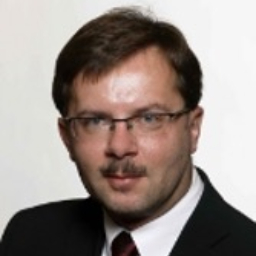
Prof. Jan Frait
Viceguvernor of Czech National Bank
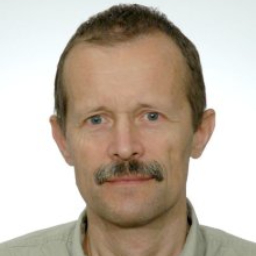
prof. Ing. arch. Karel Maier, CSc.
Head of the Maier Studio, Deputy Head of the Institute of Spatial Planning

Clare Sheils
Managing Director of CBRE Czech Republic

Alexandru-Ionuţ Petrişor
Approaches to assessing the level of development from a geo-statistical perspective
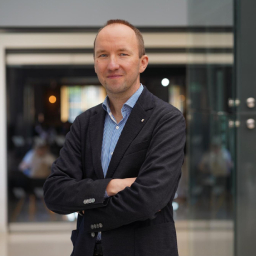
Maciej J. Nowak
Spatial planning law in the countries of Central and Eastern Europe. Key features and comparative challenges
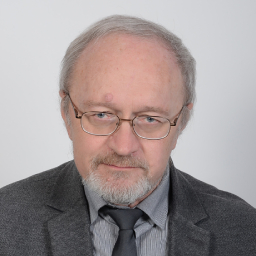
Doc. Ing. Petr Tománek, CSc.
The Focus of the Activities of Municipalities Associations from a Budgetary Point of View

Ing. Milan Dont, Ph.D.
Impacts of Transport Infrastructure Investment on Regional Development

Ing. Markéta Šimáčková, MBA
Development of Sustainable Real Estate Projects
Previous conferencies - proceedings
Previous conferencies - stream
Previous conferencies - photo gallery
Scientific committee
- Prof. Ing. Renáta Schneiderová Heralová, Ph.D., Faculty of Civil Engineering, CTU Prague
- Dr. Nikos Karadimitriou, The Bartlett School of Planning, London
- Prof. Ing. arch. Karel Maier, CSc., Faculty of Environmental Sciences, CULS Prague
- Bjorn Mattsson, Skanska Residential Development Europe, Prague
- Ing. arch. Vít Řezáč, Faculty of Architecture CTU Prague
- Doc. Ing. Petr Toth, Ph.D., Faculty of Economics, VSE Prague
- Doc. Ing. arch. Jakub Vorel, Ph.D., Faculty of Architecture CTU Prague
- Stefano Wagner, SASA, Lugano
